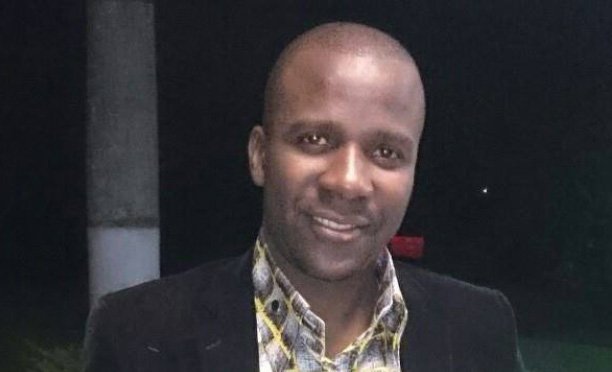ON LIVING WITH A BLOOD DISEASE
Bubbly James Nkomo still exudes oodles of a positive spirit and is not deterred by a genetic blood condition that predisposes him to frequent bleeding. He has since found a way to live life fully with haemophilia, a condition he was diagnosed with when he was only one year old.
Born in Maitengwe, Nkomo remembers outgrowing his mother’s and grandmother’s laps to explore the exciting world around him. “Crawling was painful; my knee joints ached endlessly and navigating outside was worse. I always had bruises that bled longer than usual and also took longer to heal,” says Nkomo. The swellings were worse and would take ages to heal; little Nkomo was discouraged from playing with his peers. Not long after, further medical investigations led to a diagnosis of haemophilia.
His mother and grandmother were told by the doctor to ensure that he did not engage in play that predisposed him to injuries, since the ability of his blood to clot was severely reduced, causing him to bleed severely even from slight injury. However, these medical warnings only made a growing Nkomo less popular among his friends. “Playing the ‘soft’ games was not fun at all. I was always isolated because if I got injured, my grandmother would reprimand my friends,” he says, recalling that this only led him to rebel against his family.
“I wandered beyond our homestead and got involved in the dangerous games to prove that I was a worthy playmate. However, I would go home with swollen ankles and lots of bruises that gave way to painful nights,” he says.And the play got dangerous. When Nkomo was eight years old, together with adrenaline-filled peers, they would hang on the back of a pick-up to quell their desire for adventure.
“As we were enjoying our free ride, the driver noticed us and took emergency breaks to discourage us. I hit my chin against one of the metallic guards of the vehicle, leading to uncontrolled bleeding of my gums,” he says. His friends deserted him and when he got home, he paid the price for defying authority. “I could not be treated at the local clinic and was referred to the Princess Marina Hospital where I got a series of stitches and was admitted for one month to ensure the wounds were well-healed,” says Nkomo.
He had to learn to take up more favourable pastimes like swimming that gave him even more gratification than an aggressive game of football. “Haemophilia is a painful disease yet learning how to cope provides an almost normal lifestyle,” says Nkomo, a human resource practitioner. At 34 years of age, married and father to six-year-old Tiffany, Nkomo has also taken up the role of being mentor and big brother to his male cousin who also has the same genetic condition.
Nkomo cites the need to create nationwide awareness on the condition in order to improve the quality of life for individuals living with it and for families unaware of how to cope with it.
“Once you know what you are dealing with, a normal life is possible,” he says. Haemophilia is a rare disorder in which the blood clot does not clot normally because it lacks sufficient blood clotting proteins.
A patient with haemophilia may bleed for a longer time after an injury than he/she would, if the blood clotted normally. This internal bleeding can damage organs and tissues, and may be life-threatening. Some symptoms of haemophilia include, excessive bleeding from cuts or injuries or after surgery or dental work, prolonged menses in women, many large and deep bruises.




